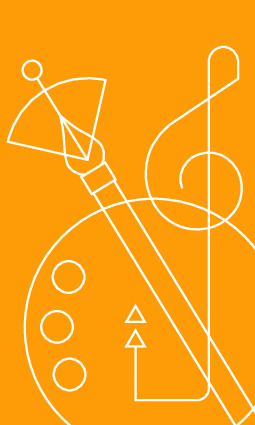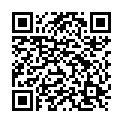|
|
|
| Module code: MAKM-150 |
|
|
4PA (4 hours per week) |
|
6 |
| Semester: 1 |
| Mandatory course: yes |
Language of instruction:
German |
Assessment:
Project work with presentation(s)
[updated 30.06.2024]
|
Exam recurrence:
The information regarding exam recurrence is found within the exam policy of the study programme (ASPO).
|
MAKM-150 (P430-0015) Cultural Management, Master, ASPO 01.04.2020
, semester 1, mandatory course
|
60 class hours (= 45 clock hours) over a 15-week period.
The total student study time is 180 hours (equivalent to 6 ECTS credits).
There are therefore 135 hours available for class preparation and follow-up work and exam preparation.
|
Recommended prerequisites (modules):
None.
|
Recommended as prerequisite for:
|
Module coordinator:
Prof. Dr. Nicole Schwarz |
Lecturer:
Prof. Dr. Nicole Schwarz
[updated 25.04.2024]
|
Learning outcomes:
After successfully completing this module, students will:
be able to identify and analyze the technical requirements of the topic in question, assess them critically and document them.
be able to apply current scientific-theoretical findings to practical questions from the resp. discipline and combine them effectively,
be able to independently select facts to be scientifically tested and develop them for their research,
be able to select and apply suitable empirical methods and analytical procedures to help answer their questions.
be able to develop solutions independently and in a goal-oriented manner within a team and deepen their professional competence on a functional level.
be able to independently organize the division of tasks and coordinate within the team, as well as between project subgroups.
be able to to act professionally, solution-oriented (motivating?) and in an inclusive manner, if necessary also in international, transcultural and interdisciplinary teams
be able to reflect on contributions to society as a whole and thereby assume social, ecological and/or cultural responsibility.
be able to hold deadlines,
be able to scientifically document their results obtained.
be able to present their project results in a target-group oriented manner and argue objectively in the defence of their results within the framework of a group discussion.
[updated 30.06.2024]
|
Module content:
Current topics from the cultural sector with emphasis on aspects of cultural management and concrete studies on success factors in cooperation with cultural institutions or organizations including current cultural management literature.
[updated 24.09.2020]
|
Teaching methods/Media:
Project work in groups.
[updated 24.09.2020]
|
Recommended or required reading:
Literature will be compiled according to the respective topic. In-depth literature research is required and is an integral part of the course.
Literature examples:
Bruhn, M. Marketing für Nonprofit-Organisationen, Stuttgart: Kohlhammer, neueste Auflage.
Fischer, W. B.: Kommunikation und Marketing für Kulturprojekte, Bern: Haupt, neueste Auflage.
Gottschlak, I.: Kulturökonomik, Wiesbaden: Springer VS, aktuelle Auflage
Günter, B., Hausmann, A.: Kulturmarketing, Wiesbaden: Springer Fachmedien, neueste Auflage.
Hausmann, A.: Kunst- und Kulturmanagement, Wiesbaden: Springer Fachmedien, neueste Auflage
Henze, R.: Kultur und Management, Wiesbaden: Springer VS, neueste Auflage.
Klein, A.: Der excellente Kulturbetrieb, Wiesbaden: Springer VS, neueste Auflage.
Klein, A.: Kompendium Kulturmanagement, München: Vahlen, neueste Auflage.
[updated 30.06.2024]
|


